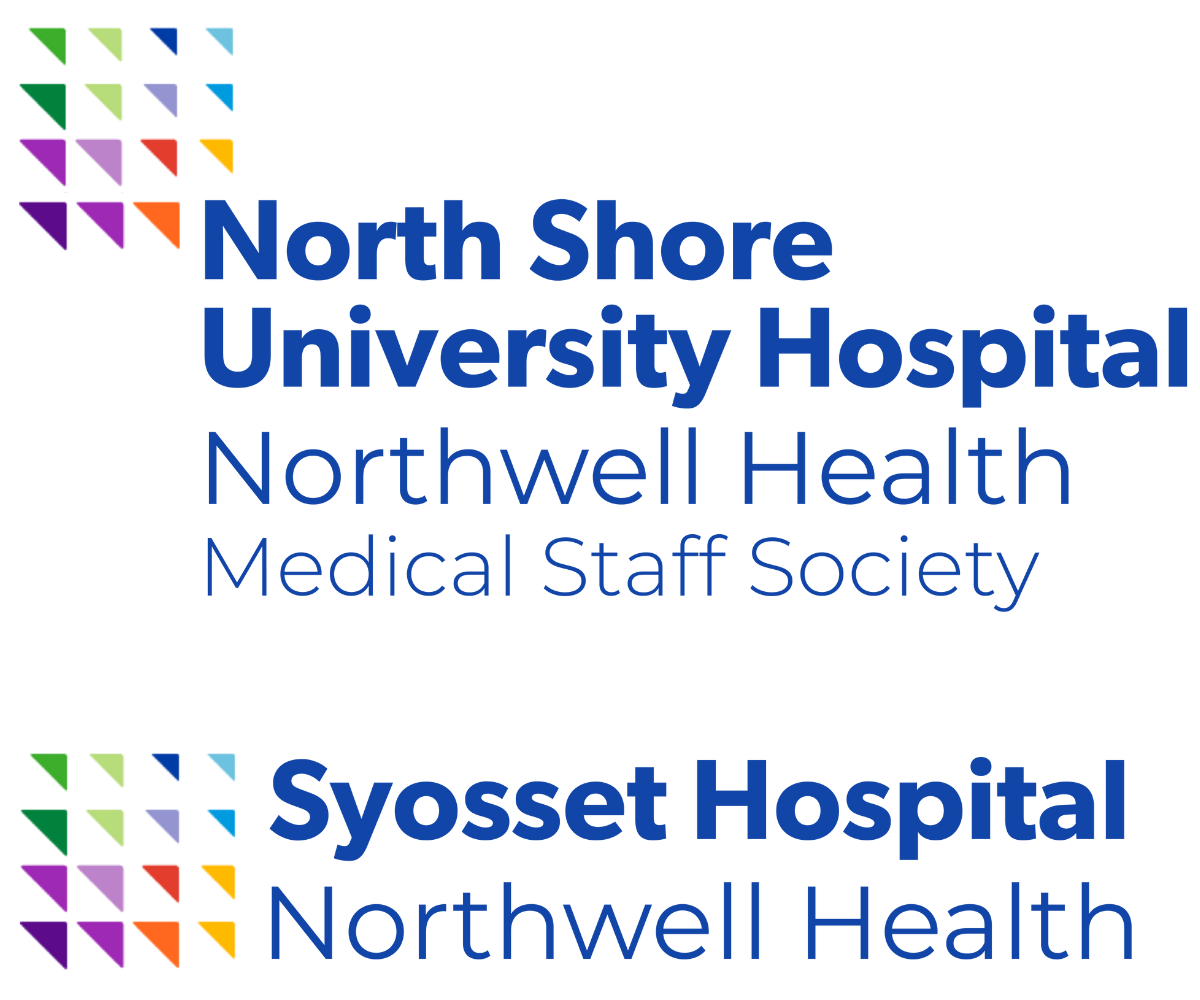What Do Concussions Do To Football Players?
Concussions are a common injury among football players, and they can have serious short- and long-term effects on their wellbeing. These injuries can occur from a direct blow to the head, a fall, or a collision, and can result in a range of symptoms, from headaches and dizziness to memory loss and depression. It is important for players, coaches, and parents to understand the risks associated with concussions and to take steps to prevent them. At Northwell Health’s North Shore University Hospital, our team of experts works with football players to diagnose, treat, and manage concussions. We take a comprehensive approach to care, working closely with patients and their families to develop individualized treatment plans that promote healing and recovery.
Symptoms
The symptoms of a concussion can vary from person to person and may include headache, nausea, dizziness, confusion, memory loss, and sensitivity to light or noise. In severe cases, a concussion can result in loss of consciousness, seizures, or even death. It is important for anyone who experiences these symptoms to seek medical attention immediately. At Northwell Health care, we use various diagnostic tools to evaluate concussions, including neurological exams, imaging tests, and cognitive assessments. Our specialists work together to create a customized treatment plan for each patient that may include rest, medication, and physical therapy.
Treatment
Physical therapy is a critical component of concussion treatment, as it can help patients recover from symptoms such as headaches, dizziness, and balance problems. Our team of physical therapists at Northwell Health uses a variety of techniques to help patients regain their strength, balance, and coordination, including exercises to improve flexibility, balance, and strength. We also offer specialized programs for athletes to help them return to their sport safely and effectively.
Preventing concussions is also an important part of our work at Northwell Health. Our experts in this department work closely with football teams to educate players, coaches, and parents about concussion prevention, including proper tackling techniques, wearing protective gear, and avoiding head-to-head contact. We also focus on conducting research to better understand the causes and effects of concussions and to develop new treatments and prevention strategies.
Contact North Shore University Hospital
If you or someone you know has experienced a concussion, it is important to seek medical attention right away. At Northwell Health’s North Shore University Hospital, our team of experts is here to help you on your road to recovery. Contact us today to schedule a consultation with a provider or learn more about our concussion management program.















